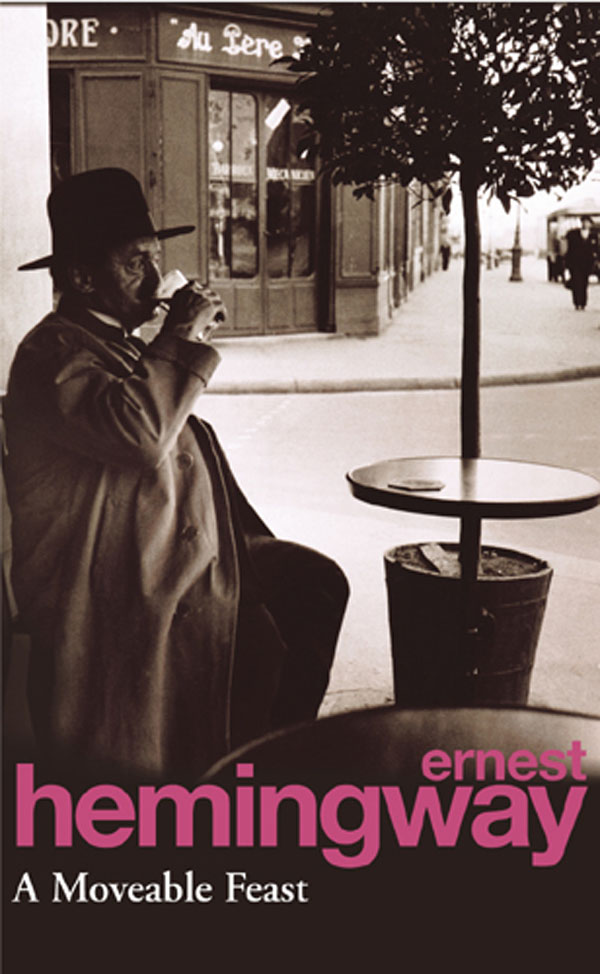
I bought this book at one of my favorite bookstores in the world, Shakespeare and Company, in Paris a few years ago. It sat on my bookshelf until this year when after watching one of my favorite movies of the year, Midnight in Paris, I was inspired to pick this book back up.
In A Moveable Feast Hemingway recounts his early days as a writer in Paris. In his unique and vivid writing style he recounts walks in the park with Getrude Stein, his faithful friend Ezra Pound, the eccentricities of well-known artists and poets, drunken road-trips with F. Scott Fitzgerald, and even taking Fitzgerald to the Louvre to look at naked statues to boost Scott's confidence in his manhood. While much of the ancedotes Hemmingway relays are hilarious, some are also heartwrenching, such as his account of falling into an affair during his first marriage.
For a Paris-o-phile and Hemingway-o-phile such as myself, this book was a fun read. If you liked Midnight in Paris, you will enjoy this book which must have provided much of the source material for the film.
"There is never any ending to Paris and the memory of each person who has lived in it differs from that of any other. We always returned to it no matter who we were or how it was changed or with what difficulties, or ease, it could be reached. Paris was always worth it and you received return for whatever you brought to it. But his is how Paris was in the early days when we were very poor and very happy."

